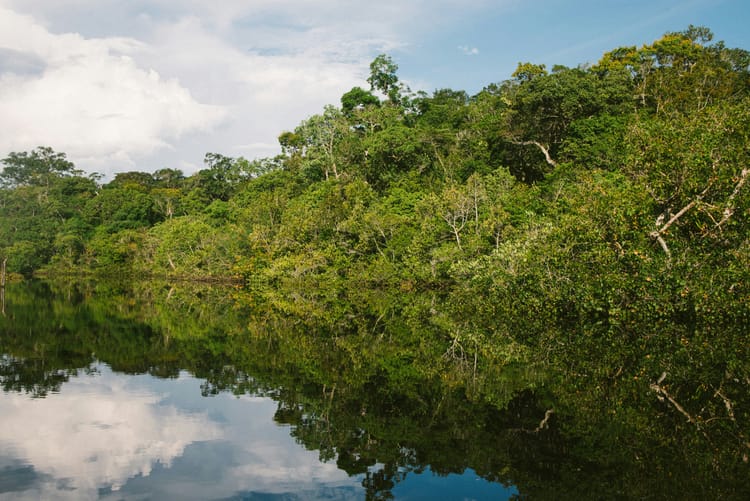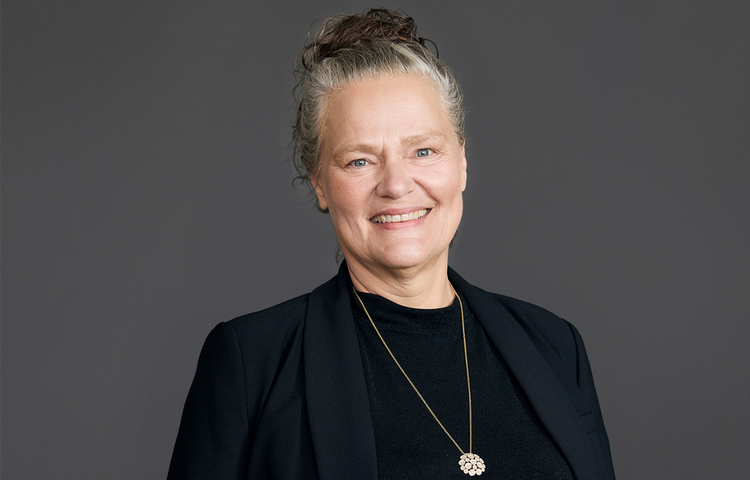‘Historic’: UN court rules states have legal obligation to curb climate change – and fossil fuels
“This is the start of a new era of climate accountability at a global level."

The International Court of Justice – the judicial organ of the United Nations – has ruled that states have a legal obligation to protect their citizens from the impacts of climate change in a “historic” advisory opinion.
Yesterday’s opinion, released in response to a request brought to the ICJ by a group of Pacific Island students in 2019, has been hailed as a major milestone for climate justice. It clearly states that the responsibility to mitigate climate change sits with governments, and paves the way for legal action from civil society in countries that do not take this responsibility seriously.







